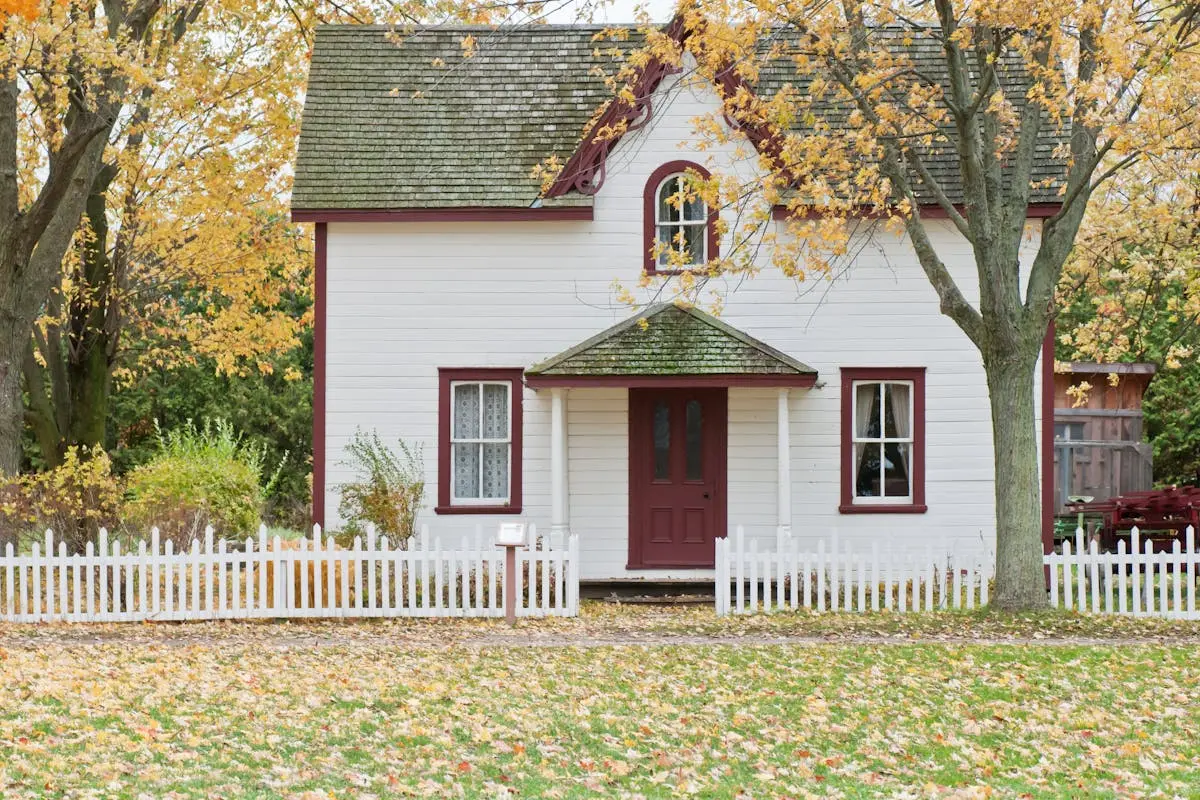Home security is an essential consideration for many homeowners, and choosing the right cameras can seem overwhelming. If you’re living in Lubbock and looking to enhance the safety of your home, there are specific factors you should consider. This guide will walk you through everything you need to know to make an informed decision.
Understanding Your Security Needs
Before diving into options, assess your specific security needs. Consider the size of your property, potential risk areas, and the level of security you desire. This will help narrow down the best options for your circumstances.
One crucial aspect to consider is understanding the unique security challenges specific to Lubbock. Factors such as neighborhood crime rates, weather conditions, and geographical positioning can influence the type of security system that would be most effective for your home. Engaging in local community forums or talking to neighbors can provide valuable insights into what systems are favored in your area. Additionally, you may want to think about who frequents your property. Are there service providers, delivery personnel, or other regular visitors? Knowing this helps in strategically placing cameras where they can capture the most essential activity.
Finally, it’s vital to assess whether you need continuous surveillance or targeted monitoring. For instance, if you travel often, it might be wise to have a more comprehensive system that covers both the interior and exterior of your home to ensure your property is secure while you’re away.
Exploring Different Types of Security Cameras
Security cameras come in a variety of types including indoor, outdoor, wired, and wireless. Understanding the benefits and limitations of each type can help you decide which is suitable for your home environment.
Indoor security cameras are typically smaller and designed to blend seamlessly within your home’s interior. They’re perfect for monitoring the inside of your home, especially entry points like doors, hallways, and windows. On the other hand, outdoor cameras tend to be more robust, weather-resistant, and have broader night-vision capabilities, making them ideal for external threats. When considering outdoor cameras, you should also check for features like vandal resistance and feedback from local users in similar settings explore security options
Wireless cameras offer ease of installation and flexibility in placement. They are typically more user-friendly, allowing for DIY installation. However, you should be cautious about potential Wi-Fi disruptions that could affect camera efficiency. Wired cameras, though a bit more complicated to install, generally provide a more continuous and reliable feed. Each type has its merits, so carefully considering your technical comfort level and the specifics of your home layout will assist in making the best choice.
Important Features to Consider
Look for features like night vision, motion detection, high-definition video quality, and remote access. These features can significantly enhance the effectiveness of your security system.
Night vision is particularly significant for outdoor cameras. It ensures that surveillance remains effective even in low light, providing clear imagery throughout the night. High-end models offer color night vision capabilities, but even basic night vision offers a significant level of protection. Check out options with infrared LEDs that adjust based on lighting conditions to ensure clear images in various scenarios.
Motion detection is another useful feature, helping to minimize the amount of footage to review by capturing video only when there’s movement. This is especially beneficial for reviewing events without having to sift through hours of static footage. Remote access, through apps or web interfaces, allows homeowners to view live footage and control cameras from anywhere, providing peace of mind when you’re away from home.
Professional Installation vs. DIY
Deciding between professional installation and a DIY approach depends on your budget and technical skills. Professional installation ensures proper setup, while DIY might be cost-effective and flexible for those with a knack for technology.
Professional installation often comes with the advantage of expertise and assurance that your system is optimally configured. Professionals can offer valuable advice on strategic placements that you might overlook. However, the cost can be higher, and you should ensure to choose a trusted installer who provides reliable post-installation support.
On the flip side, for tech-savvy homeowners, the DIY approach can be rewarding. Numerous systems now come with easy-to-follow instructions and don’t require complex wiring or technical setups. Another advantage is the flexibility to customize and adjust the system as needed without additional installation charges.
Making the Right Choice for a Safe Home
Choosing the right security cameras for your home involves careful planning and consideration of various factors. By understanding your needs, exploring different types of cameras, considering installation and placement, and evaluating features, you can make a well-informed choice that enhances your security and peace of mind. Remember, home security is not just an investment in property, but an investment in safety and comfort. Visit our homepage to explore more options and get started on enhancing your home security today!





